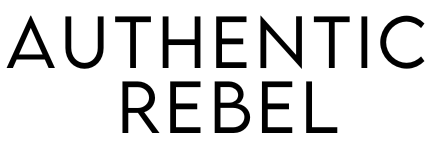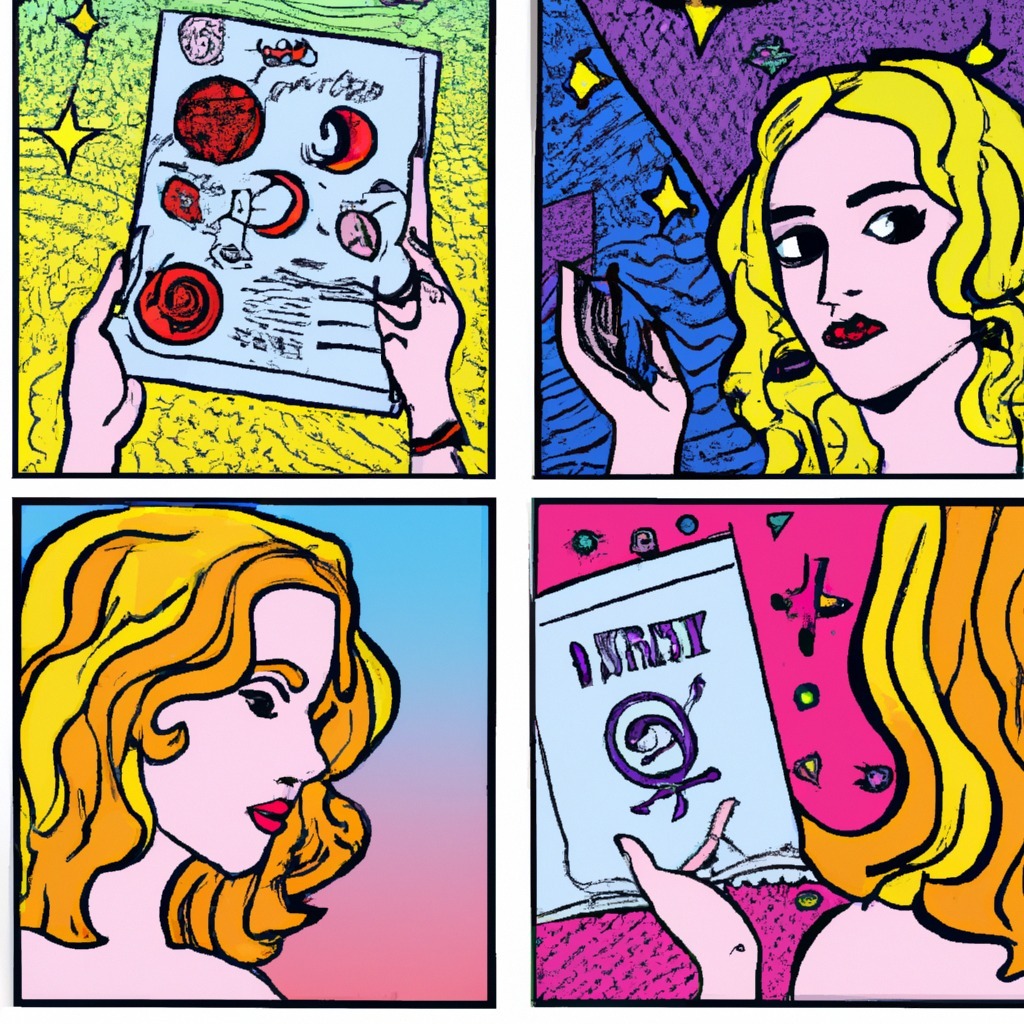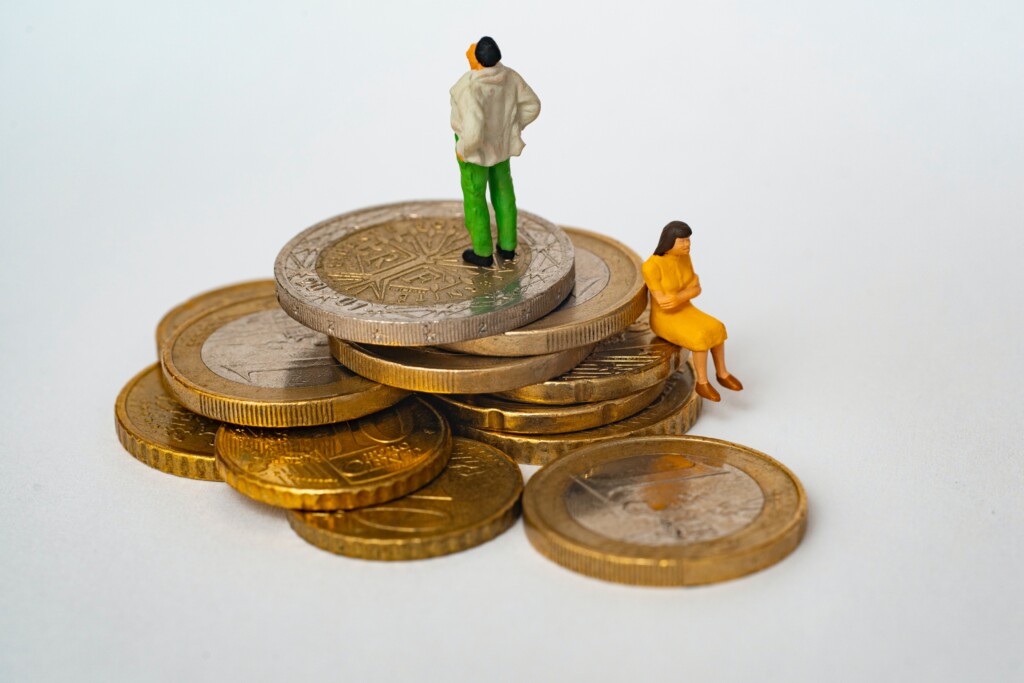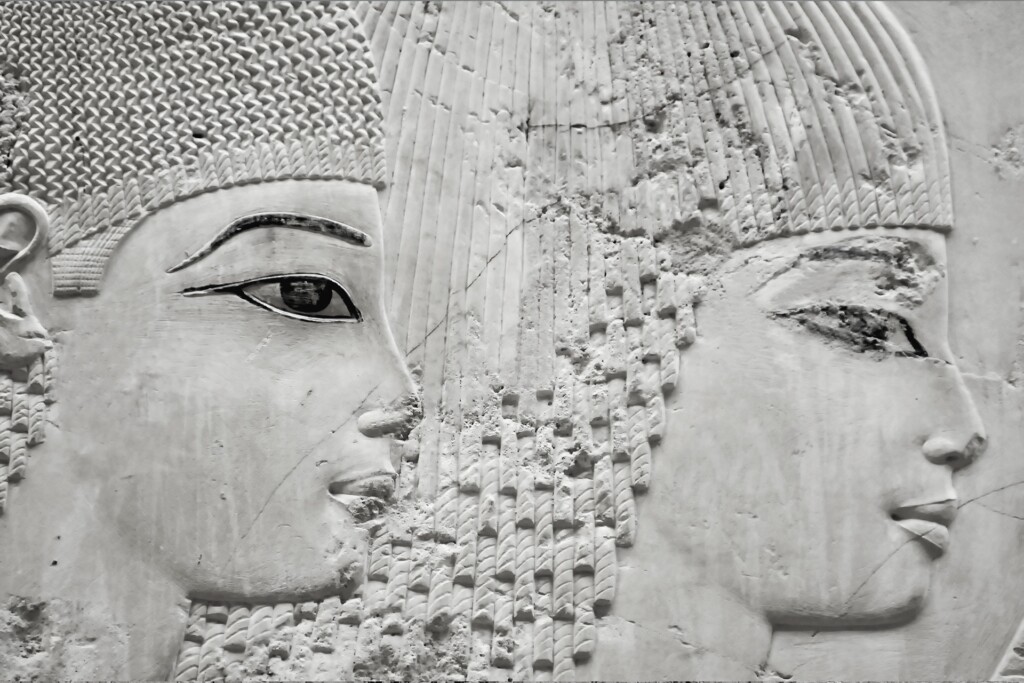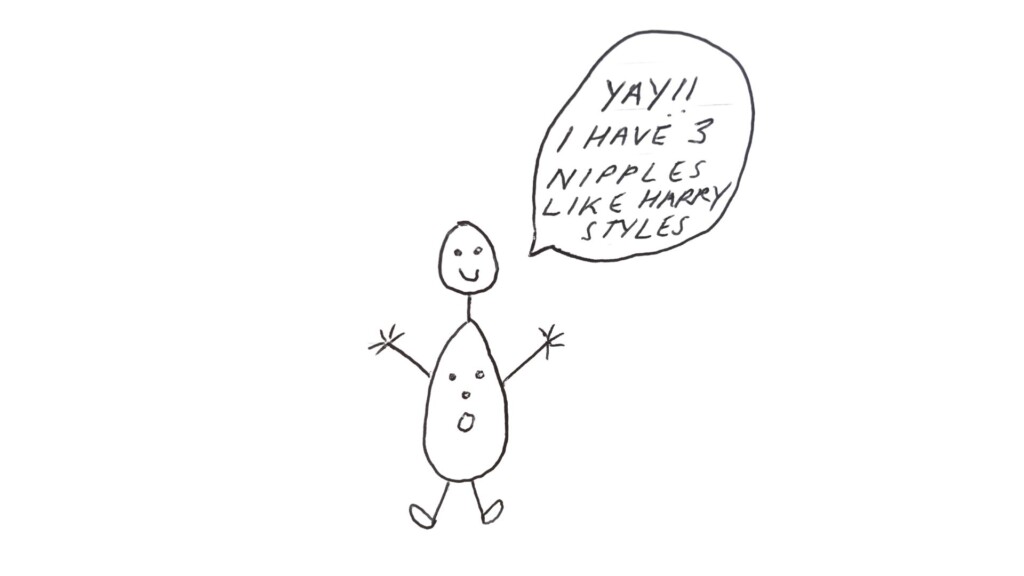The Evolution of the Modern Banking System: Favoring the Wealthy

The modern banking system, with its intricate web of financial services and products, is often criticized for favoring the wealthy while leaving the less affluent in precarious situations. Understanding how this system evolved and who played pivotal roles in shaping it requires delving into the history of banking and the socioeconomic forces that influenced its development.
The Origins of Modern Banking
The concept of banking dates back to ancient civilizations, with the earliest banks emerging in Mesopotamia around 2000 BCE. These early banks facilitated trade by providing loans and accepting deposits, a model that continued through ancient Greece and Rome. However, the medieval period in Europe saw the rise of more structured banking institutions, notably in Italy, where families like the Medici in the 15th century established banking practices that would lay the foundation for modern finance.
The Birth of Modern Banking Practices
The 17th and 18th centuries were crucial in the development of the banking system as we know it today. The establishment of the Bank of England in 1694 marked a significant turning point. It was one of the first institutions to introduce a central banking system, which would later be emulated by other countries. The Bank of England’s ability to lend money to the government and issue banknotes set precedents that influenced global banking practices.
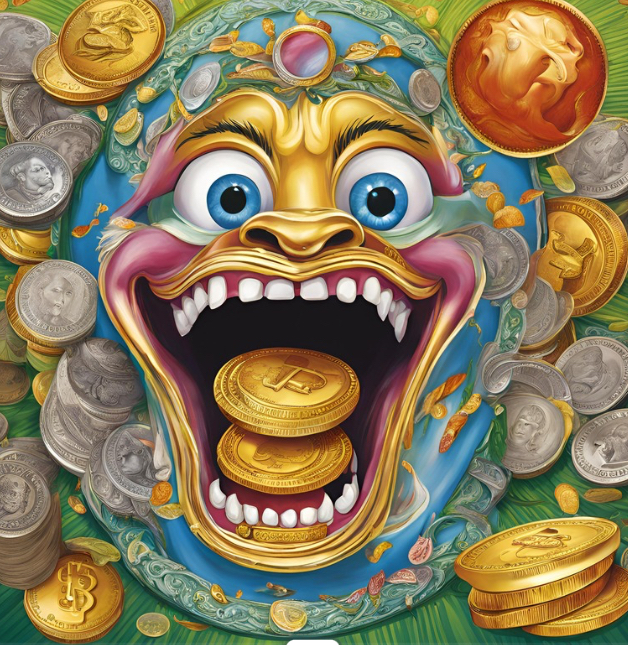
The Rise of Investment Banking and Wealth Management
The 19th and early 20th centuries saw the rise of investment banks, particularly in the United States. Firms like J.P. Morgan & Co. and Goldman Sachs began to dominate the financial landscape. These institutions focused on serving wealthy individuals and large corporations, providing services such as underwriting securities, facilitating mergers and acquisitions, and offering complex financial products. The emphasis on serving the affluent was driven by the profitability of these activities, leading to a banking system that increasingly catered to the needs of the wealthy.
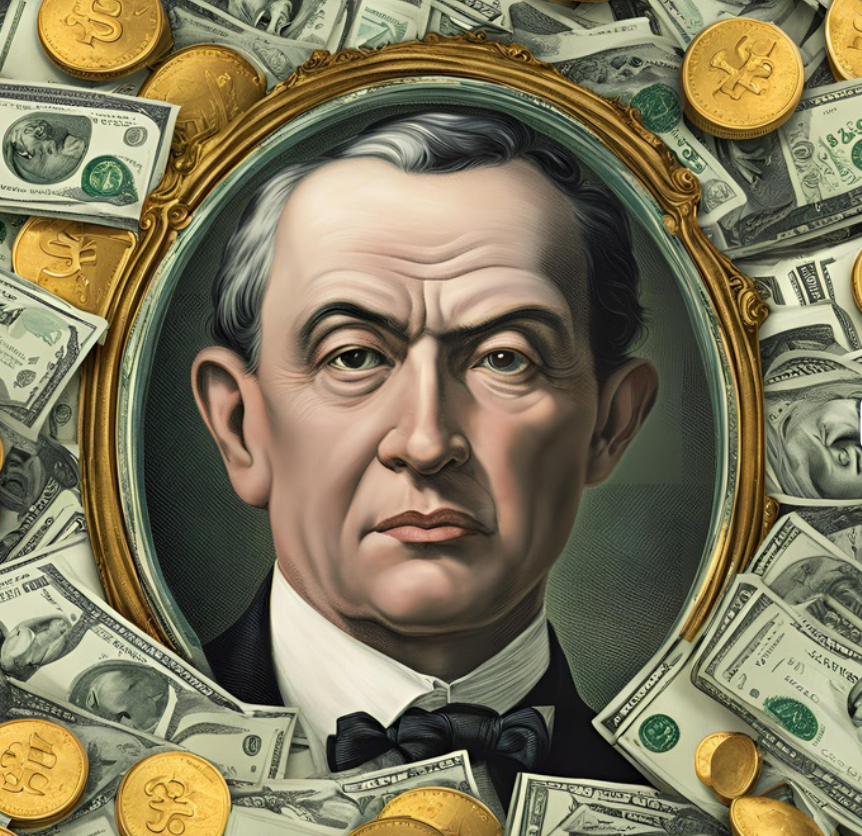
Post-War Banking and the Consumer Credit Boom
The post-World War II era brought significant changes to the banking sector. The economic boom of the 1950s and 1960s saw a rise in consumer credit, with banks offering more loans, mortgages, and credit cards to a broader segment of the population. However, this period also marked the beginning of a growing divide. Banks started developing more sophisticated financial products aimed at high-net-worth individuals, including private banking and wealth management services.
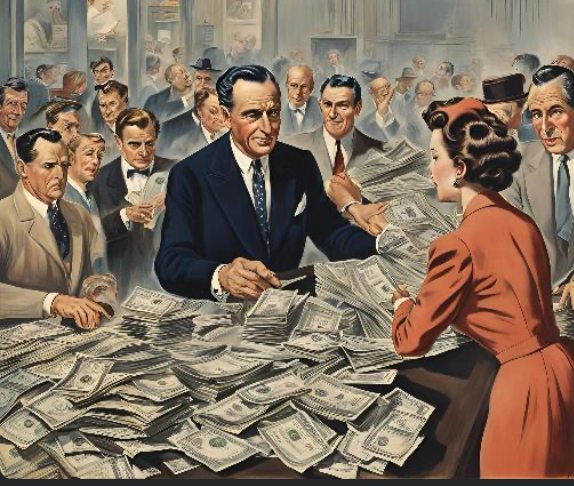
Deregulation and the Financialization of the Economy
The late 20th century witnessed a wave of deregulation in the financial sector, particularly in the United States and the United Kingdom. The repeal of the Glass-Steagall Act in 1999, which had previously separated commercial and investment banking, allowed banks to expand their services and take on more risk. This period also saw the rise of financialization, where financial services and products became increasingly complex and detached from the real economy. The focus on short-term profits and shareholder value led banks to prioritize their wealthiest clients, who could generate significant fees and returns.

The 2008 Financial Crisis and Its Aftermath
The 2008 financial crisis exposed the vulnerabilities and inequalities within the banking system. The crisis, caused by excessive risk-taking and the proliferation of complex financial instruments, had devastating effects on the global economy. While governments bailed out major financial institutions, ordinary citizens bore the brunt of the crisis through job losses, foreclosures, and economic instability. This period highlighted how the banking system often left those in need high and dry while safeguarding the interests of the wealthy.

Banks in Popular Culture: The Case of Mary Poppins
Even as children, many of us were introduced to the notion of banks as greedy and unfeeling entities through popular culture. A prime example is the classic film “Mary Poppins.” In this beloved movie, the bank where Mr. Banks works is portrayed as a cold and oppressive institution, focused solely on profit. The famous scene where young Michael Banks refuses to give his tuppence to the bank chairman illustrates the fear and mistrust that ordinary people, even children, can feel towards these powerful financial institutions. The bank is depicted as an entity that takes and takes, concerned only with accumulating wealth and expanding its control, reflecting a widespread perception of banks as exploitative and unsympathetic to the needs of the common people.
Standing Up to Greedy Institutions
As an authentic rebel, I refuse to support such cruel institutions that prioritize profit over people. My commitment to financial justice involves moving my money into smaller, local banks and credit unions that are more likely to invest in their communities and treat their customers fairly. By supporting these local institutions, I hope to contribute to a future where people stand up to the greed of large banks and demand a more equitable and humane financial system.
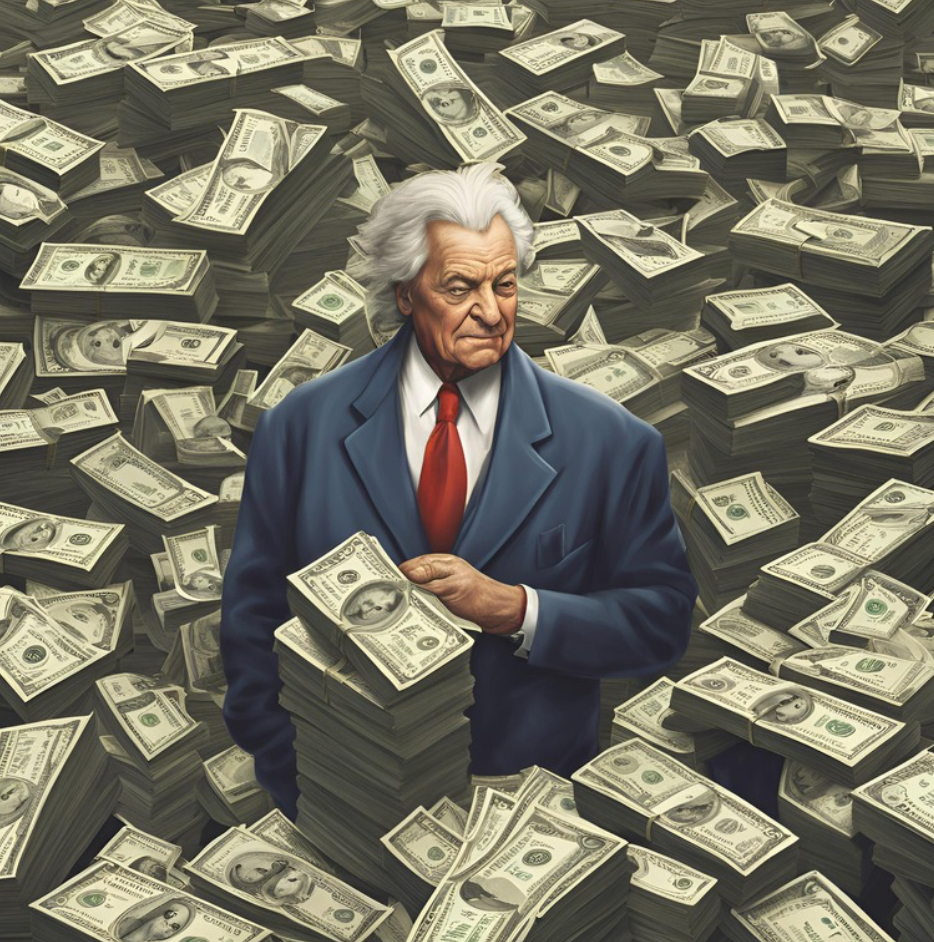
Modern Critiques and the Call for Reform
In recent years, there has been growing criticism of the banking system’s bias towards the wealthy. Movements such as Occupy Wall Street and calls for increased regulation and financial reform have sought to address these inequalities. Critics argue that banks should play a more equitable role in society, offering fair access to financial services for all individuals, regardless of their wealth.
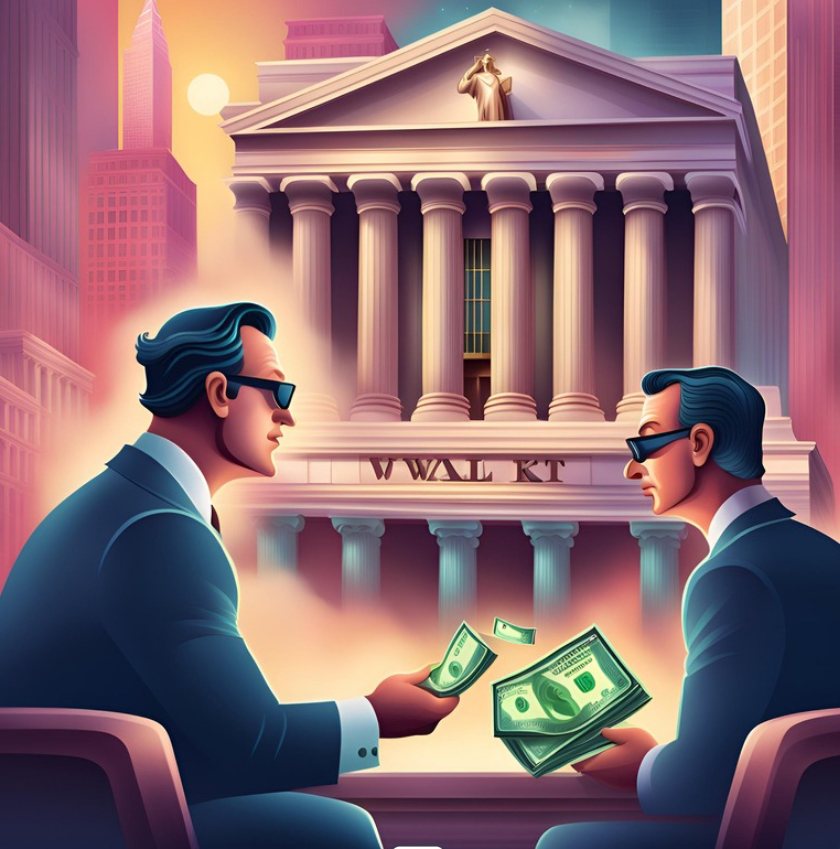
The evolution of the modern banking system has been shaped by a variety of historical, economic, and political factors. While banks have played a crucial role in facilitating economic growth and development, they have also perpetuated and exacerbated wealth inequalities. Understanding this history is essential for those seeking to reform the system and create a more inclusive financial landscape that serves the needs of all individuals, not just the wealthy. From the early days of banking in Mesopotamia to the critiques portrayed in “Mary Poppins,” the journey of banking has been a complex one, marked by both progress and persistent inequities.

